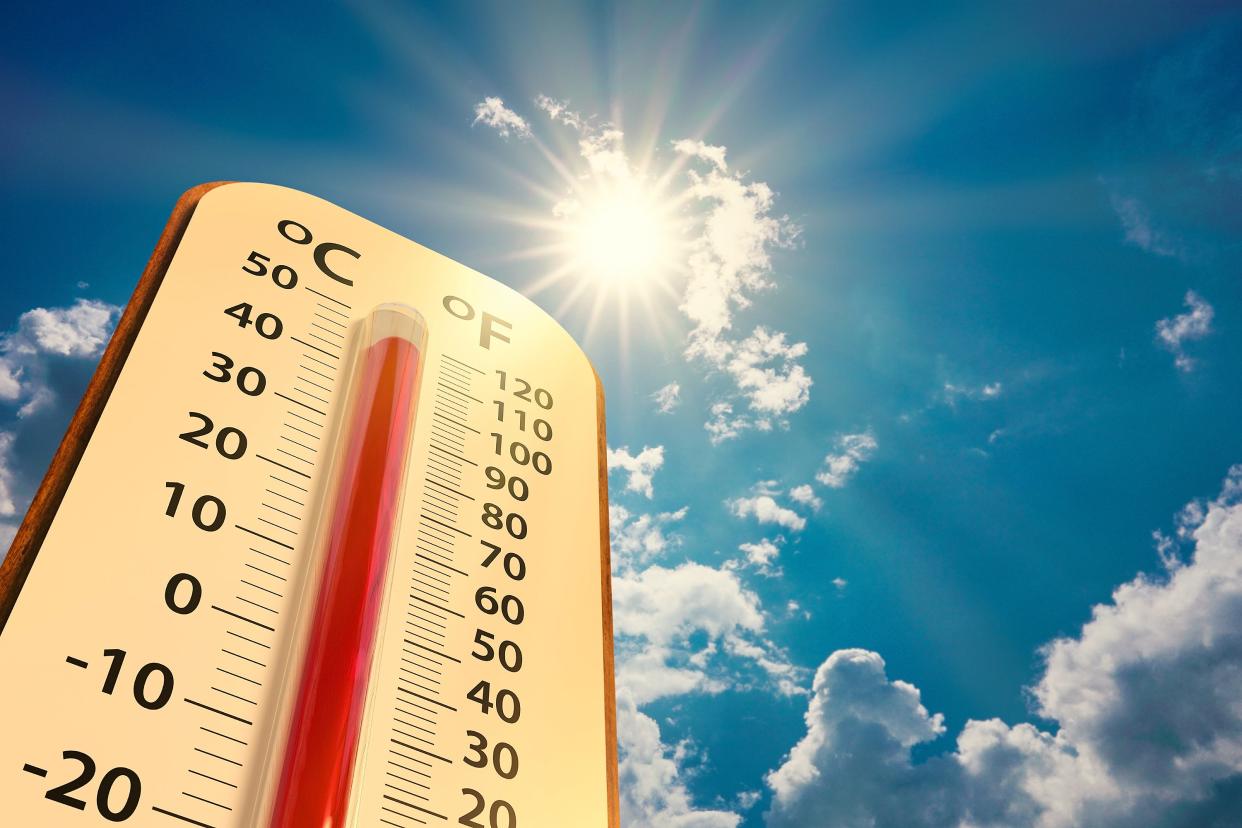Climate change is real. Attempts to deny it rely on myths and falsehoods

Skeptics of modern climate research like to cite the popular myths in Mr. Fischer's Sept. 24 letter about climate change because they want to claim that today's researchers must be equally hoodwinked about warming trends. They want you to believe that climate change is just the latest in a string of hoaxes invented by governments to control the people. It's been 40 years of fearmongering to siphon off billions of dollars from taxpayers, expand government power, and advance the left's agenda.
The predictions about climate cited by Mr. Fischer never happened mainly because scientists, the public, and policy makers took such threats seriously. The fact that they did the right thing to fix certain problems is a cause for celebration, not a cause for pretending the problems never existed.
It is an indisputable fact that human beings do affect the climate. Since the mid-19th century, humans have been releasing large amounts of greenhouse gases into the atmosphere, causing the Earth to warm by an average of 0.14 degrees Fahrenheit per decade since 1880, or about 2 degrees Fahrenheit in total. The 10 warmest years in the 143-year historical record have all occurred since 2010. Current warming is dangerous because humans have not experienced change of this scale and speed before. This means it will be challenging for us to adapt.
True, the 1960s "peak oil theory" predicted we would run out of oil. The reason we didn't run out of oil was because of new technologies such as advancements in offshore drilling technology, dynamic positioning equipment, and floating production and drilling units. Horizontal drilling and hydraulic fracturing spurred the shale oil revolution in the United States.
It's a myth that there was scientific consensus about an ice age in the 1970s. It never happened because our government took action, passing the Clean Air Act, radically reducing pollution that was blocking sunlight and cooling the Earth. The oceans were cooler then, too.
Research in the 1980s established that the thinning of the ozone was due to refrigerants called chlorofluorocarbons, or CFCs. Ultimately, this led to the signing of the Montreal Protocol in 1987, phasing out the harmful CFCs. Ozone is expected to fully recover by 2066. The reason acid rain does not grab headlines anymore is similar; it wasn't a hoax but another case of governments responding to the scientific community's alarm bells with regulations that worked by curbing emissions that reduced the acidity of rain.
Carbon dioxide (CO2) emissions and other greenhouse gases produced by industry, transport, deforestation, and burning fossil fuels warm the planet and cause glaciers to melt. Oceans absorb 95% of the Earth's warmth and affect the melting of glaciers. Glacial melting has accelerated over the past three decades. Sea levels are rising about an inch or more a decade. Glacial thawing slows the oceanic currents that in turn alters the global climate and causes a succession of increasingly extreme weather events throughout the globe.
The misinformation that Mr. Fischer spreads causes real harm. It poses a threat to dealing with future crises by eroding trust in science and making people more susceptible to falling down the rabbit hole of conspiracy theories.
We now have a century worth's of climate data. We have a host of satellites monitoring our oceans and measuring the gases in our atmosphere. We can easily identify global trends in carbon dioxide, global temperatures, and sea levels. The data doesn't lie.
Thomas Witty, Ph.D., lives in Springfield.
This article originally appeared on Springfield News-Leader: Attempts to deny climate change rely on myths, spread misinformation

